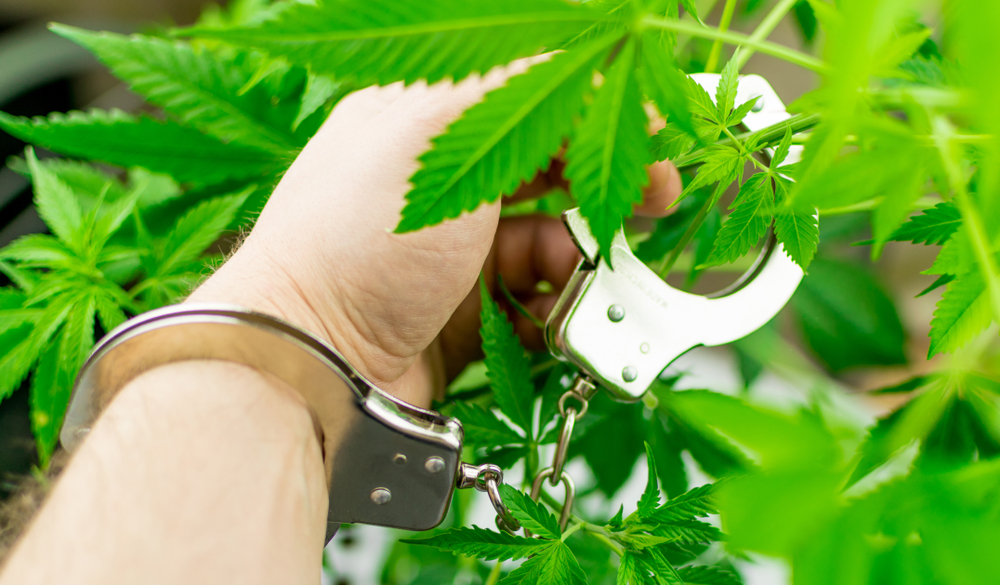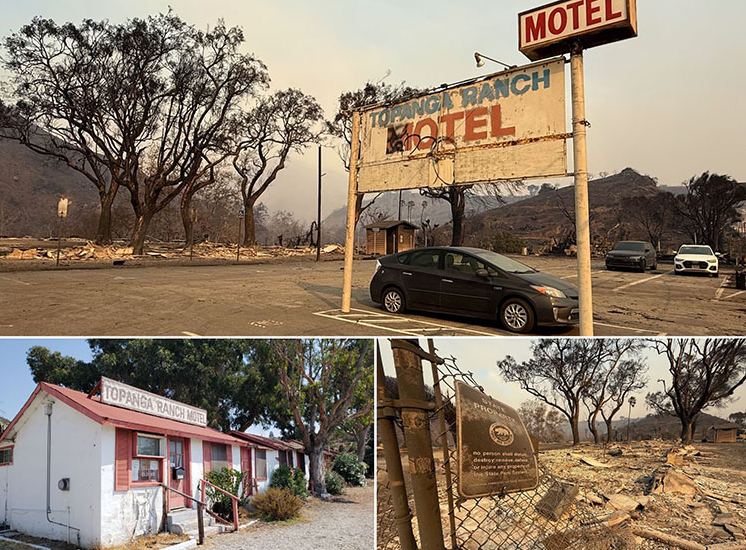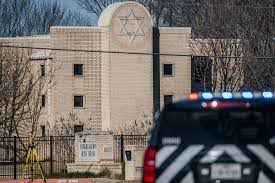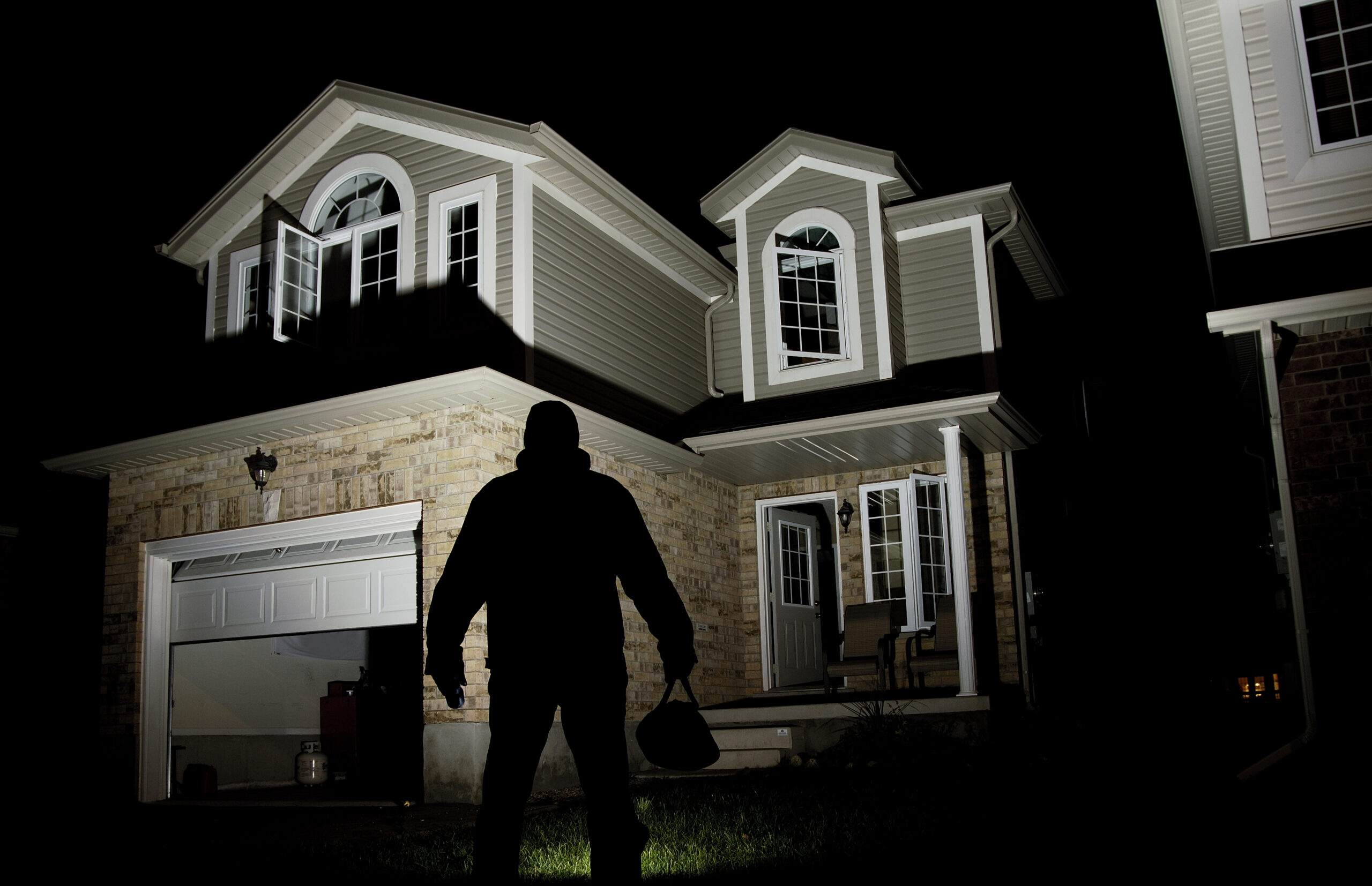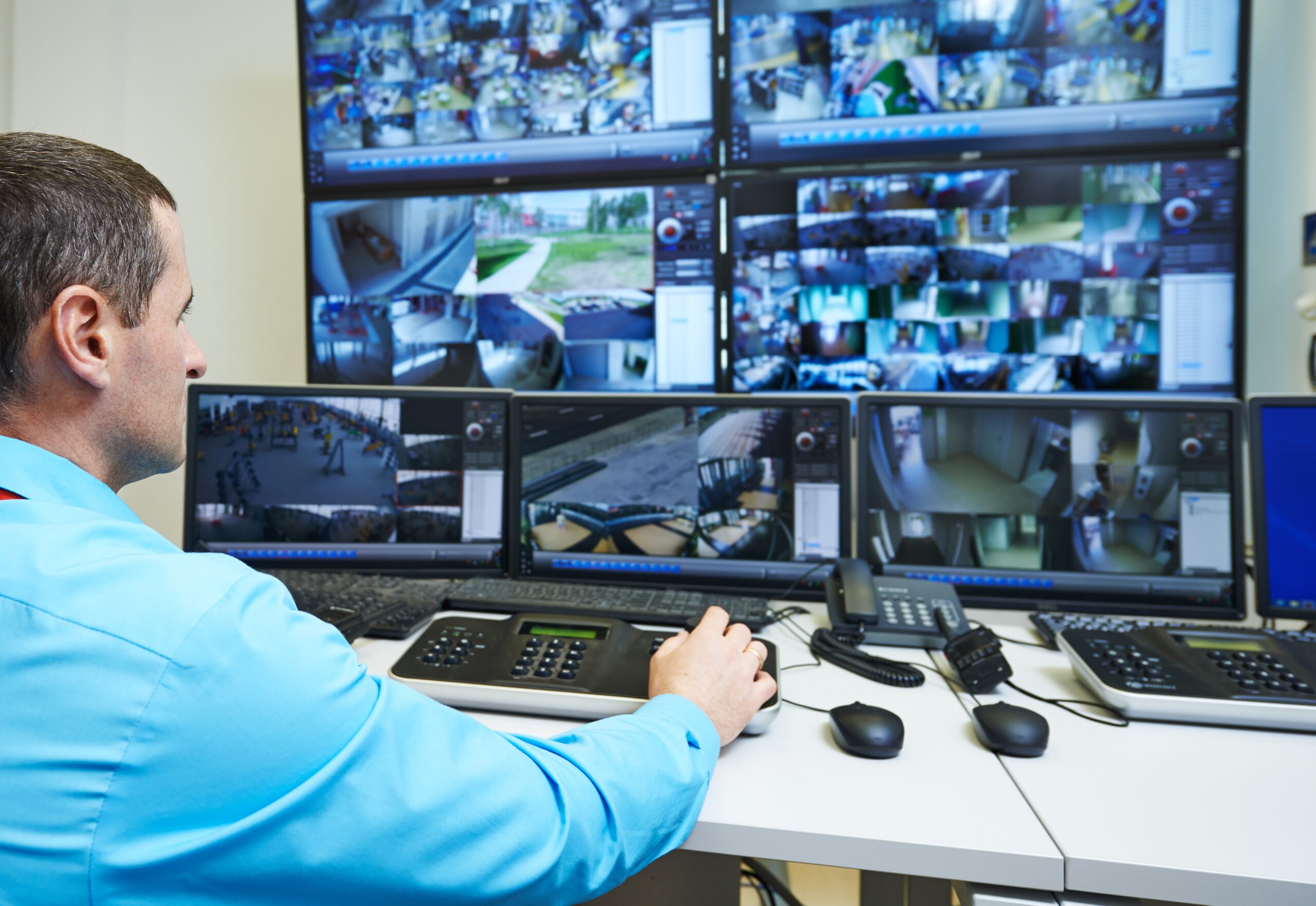Considering flocking north for an “easier” score on marijuana? As Canada opens the doors to pot shops around the nation, Americans in both pot-friendly and unfriendly states are considering the pros and cons of the new source. Getting your stash back into the country may prove difficult based on where you live, so we want to make sure you’re in-the-know about your local stores before you buy (or travel the distance north).
The US Customs and Border Protection regulates the arrival of both US citizens and those from other countries entering the US through our borders and airports. As of 10/21/18, CBP has posted the following statement regarding cannabis:
U.S. Customs and Border Protection enforces the laws of the United States and U.S. laws will not change following Canada’s legalization of marijuana. Requirements for international travelers wishing to enter the United States are governed by and conducted in accordance with U.S. Federal Law, which supersedes state laws. Although medical and recreational marijuana may be legal in some U.S. States and Canada, the sale, possession, production and distribution of marijuana or the facilitation of the aforementioned remain illegal under U.S. Federal Law. Consequently, crossing the border or arriving at a U.S. port of entry in violation of this law may result in denied admission, seizure, fines, and apprehension.
In other words, if you are arriving from another country (including Canada), CBP has and will continue to look for marijuana and will impose the designated response.
Now, if you are flying between two states in the US, the Transportation Security Administration’s current stance on cannabis is the following:
“Possession of marijuana and cannabis infused products, such as Cannabidiol (CBD) oil, is illegal under federal law. TSA officers are required to report any suspected violations of law, including possession of marijuana and cannabis infused products. TSA’s screening procedures are focused on security and are designed to detect potential threats to aviation and passengers. Accordingly, TSA security officers do not search for marijuana or other illegal drugs, but in the event a substance that appears to be marijuana or a cannabis infused product is observed during security screening, TSA will refer the matter to a law enforcement officer.”
In other words, if you are flying from a legalized state to another legalized state, then on both ends of your travel, if the matter is referred to local law enforcement, so long as you are not exceeding the legal amount and have bought the cannabis in a legal way, you should be fine.
But how safe is it go in to a marijuana dispensary in California?
To be sure you’re as safe as possible, check out the area of which the dispensary is located. Maybe even drive around the block to make sure you’re not going in to a troubled neighborhood. Upon arrival, make sure they are licensed. The city will issue a license that will be proudly posted next to one issued by the California Bureau of Cannabis Control. If no license is posted, then you’re likely walking in to an illegally operating dispensary without the security controls, product testing, quality control, or guarantees that a licensed dispensary has.
Among other things all cannabusiness in California are required to have extensive security programs, operations plans, staffing, improvements, systems and analysis. This ensures the protection of the owners, the staff, and the guests. This includes:
Security Systems and Personnel
All facilities will be required to have a multi-tiered security system. Surveillance cameras are required to monitor the exterior and interior of the premises as well as all points of sale and the interior of the facility. The placement of these cameras must allow for the clear recording of the facial features of all persons purchasing and selling cannabis products.
Additionally, an access control system must be utilized to ensure only permitted individuals are able to access the premises.
Dispensaries must hire security personnel who meet specific standards. This includes guard cards and if contracted, must be through a licensed security company in California like AEGIS.
In addition to guards, cameras, and access control systems, licensees are required to use an alarm system to monitor the property remotely. This includes using a licensed alarm monitoring company and an audible alarm system that would alert personnel of a trespasser.
Locks
The premises must be secured with commercial-grade, non-residential door locks at all points of entry and exit. It is recommended that alarmed lock systems be considered to ensure facility security and restricted access.
Standard Operating Procedures
Each licensee must have robust standard operating procedures and training requirements to ensure their staff maintain security at all times.
Find out more about our step-by-step process to ensure client security and compliance with pot laws in California.
AEGIS Security & Investigations is a Los Angeles region company that is licensed and insured in the State of California to provide high-end armed and unarmed regular and temporary off-duty police officers, bodyguards, security officers, loss prevention agents, and event staff. Additionally, we offer services for private investigation, consultation, people tracing, and background investigation. Our trainings and workshops in the field of security licensure and counter-terrorism have been featured in news media and are renowned for their efficacy. For more information or to contact us, visit www.aegis.com.

